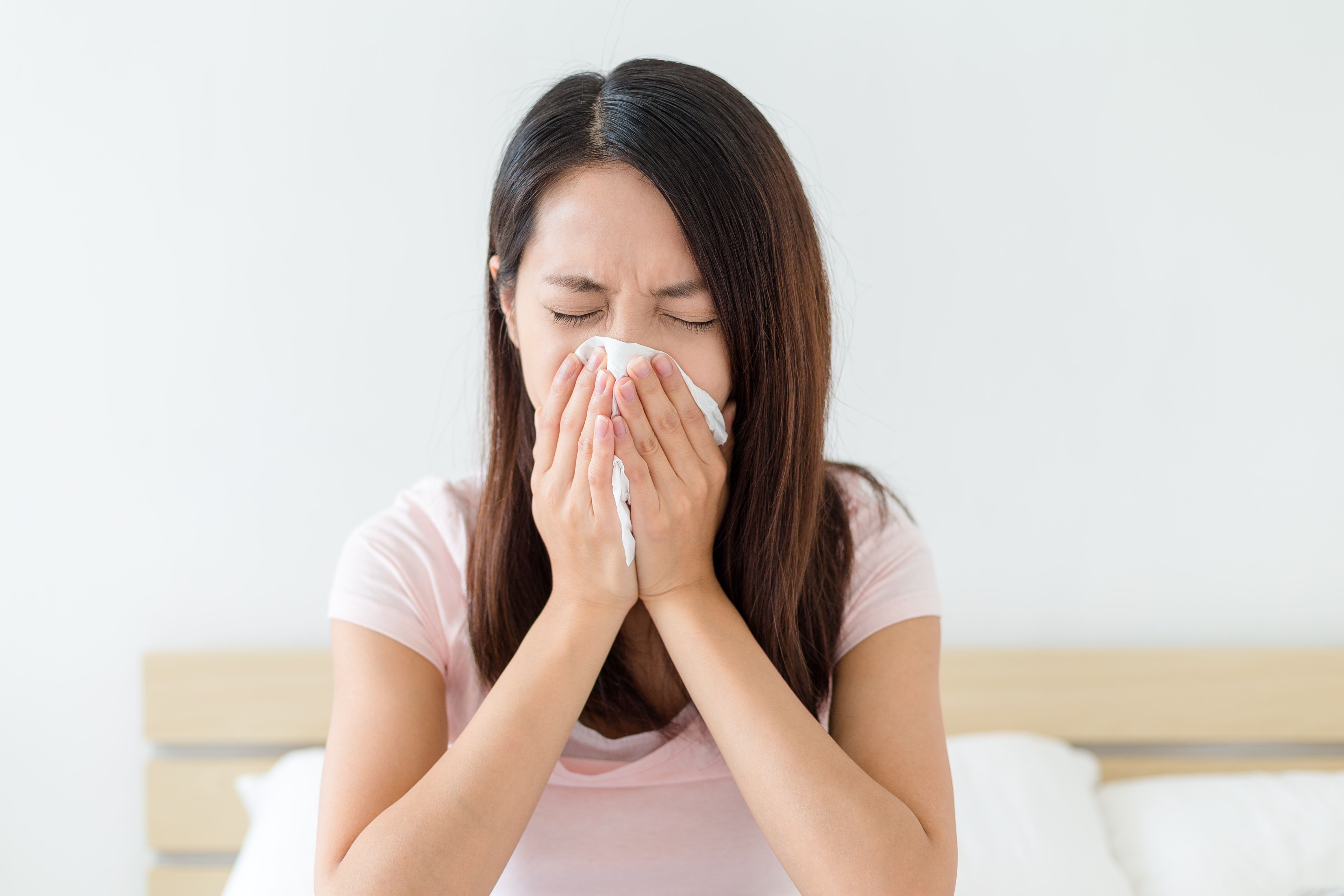- This chronic sneezing or a congested, drippy nose with no apparent cause.
- The symptoms are similar to those of hay fever (allergic rhinitis), but none of the usual evidence of an allergic reaction is present.
- Can affect children or adults
- more common after age 20
- Triggers of nonallergic rhinitis symptoms vary and can include certain odors or irritants in the air, changes in the weather, some medications, certain foods, and chronic health conditions.
- Exact cause is unknown.
Nonallergic rhinitis triggers include:
- Environmental or occupational irritants. Dust, smog, secondhand smoke or strong odors, such as perfumes.
- Weather changes. Temperature or humidity changes.
- Infections i.e viral infection — a cold or the flue.
- Foods and beverages. eating hot or spicy foods and Drinking alcoholic beverages
- Certain medications i.e. include aspirin, ibuprofen (Advil, Motrin IB, others), and high blood pressure (hypertension) medications, such as beta blockers.
- Nonallergic rhinitis can also be triggered in some people by sedatives, antidepressants, oral contraceptives or drugs used to treat erectile dysfunction. Overuse of decongestant nasal sprays can cause a type of nonallergic rhinitis called rhinitis medicamentosa.
- Hormone changes. Hormonal changes due to pregnancy, menstruation, oral contraceptive use or other hormonal condition such as hypothyroidism.
Risk factors:
- Exposure to irritants
- Being older than age 20
- Prolonged use of decongestant nasal drops or sprays
- Being female
- Occupational exposure to fumes
- Having certain health problems
- Stress


